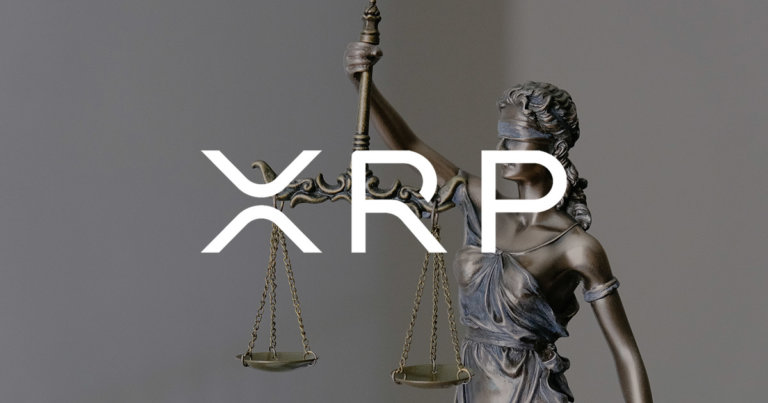 SEC opposes Ripple (XRP) request relating to controversial Howey test
SEC opposes Ripple (XRP) request relating to controversial Howey test SEC opposes Ripple (XRP) request relating to controversial Howey test
The regulator has filed its opposition to Ripple’s request for further clarification on how the agency assessed XRP to be a security.

Cover art/illustration via CryptoSlate. Image includes combined content which may include AI-generated content.
In its recent filing, the US Securities and Exchange Commission (SEC) opposed the request made by Ripple and its co-founder Chris Larsen to answer interrogatories regarding the agency’s application of the Howey test for determining the status of XRP.
Just recently, the SEC opposed Ripple’s request to disclose employees’ crypto holdings to produce documentation regarding its “trading preclearance decisions.”
The controversial Howey test
In August, Ripple and Larsen filed a motion to compel the SEC to respond to its interrogatories, following the regulator’s “vague and ambiguous” answers regarding the application of the Howey test to XRP transactions.
As a response, the agency filed its opposition to answer interrogatories “identifying its theory of how the Howey Test applies to virtually all of Defendants’ transactions in XRP over the last 8 years,” as pointed out by James K. Filan, a former federal prosecutor for the US Attorney’s Office for the District of Connecticut, who also shared the filing on Twitter.
#XRPCommunity #SECGov v. #Ripple #XRP The SEC has filed its Opposition to the Motion to Compel it to answer interrogatories identifying its theory of how the Howey Test applies to virtually all of Defendants’ transactions in XRP over the last 8 years.https://t.co/c758L9MoCJ
— James K. Filan ???? (@FilanLaw) September 8, 2021
The ongoing lawsuit against Ripple was filed last December by the SEC, alleging that the company’s sale of XRP was unregistered security offering worth more than $1.38 billion.
Determining whether and why transactions involving XRP constitute “investment contracts” and therefore securities subject to disclosure and registration requirements are central to the SEC’s lawsuit.
The SEC’s method for ascertaining what constitutes a security involves the so-called Howie test, under which “an investment contract exists when there is the investment of money in a common enterprise with a reasonable expectation of profits to be derived from the efforts of others.”
SEC’s arguments for denying further clarification
“Defendants waited until the end of fact discovery, more than seven weeks after receiving the SEC’s first interrogatory responses, to inform the SEC they considered the responses deficient,” complained the agency, while opposing the request to provide further clarification.
“Defendants’ argument here boils down to a complaint that they do not like the answers they received to the interrogatories at issue, in large part because the SEC’s and Defendants’ interpretation of the applicable law differs,” added the regulator.
In a September 8 letter to US Magistrate Judge Sarah Netburn, the regulator explained that it had appropriately responded to Ripple’s questions, adding that “the SEC is not required to answer the interrogatories in a way that adopts the Defendants’ incorrect reading of the law.”





























































